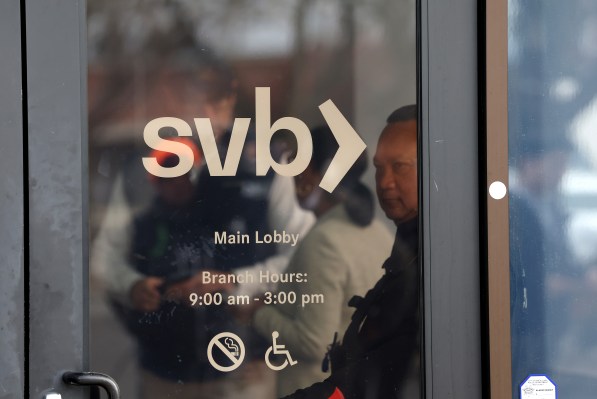As the situation is starting to solidify around Silicon Valley Bank, many international companies that interacted in one way or another with the regional U.S. bank are now trying to understand the implications of the bank failure. Regulators in Canada and Germany have decided to freeze Silicon Valley Bank’s branches in these respective countries — but SVB had very limited operations in foreign markets.
While Silicon Valley Bank officially operated across several countries, most of its international operations consisted of offices or representative offices with local teams. In other words, banking operations were ultimately handled by Silicon Valley Bank in the U.S.
There are a couple of exceptions to this structure. In the U.K., Silicon Valley Bank set up a proper subsidiary. As you may have learned already, Silicon Valley Bank UK also faced a bank run before HSBC UK acquired the U.K. arm for £1 to ensure the continuity of banking services.
In China, Silicon Valley Bank formed a joint venture with Shanghai Pudong Development Bank. For now, the Sino-U.S. joint venture is saying that it “isn’t affected by the turmoil surrounding the U.S. lender,” as Bloomberg reported. But Chinese founders are concerned as the situation is still unfolding in the country.
Silicon Valley Bank’s U.K. subsidiary had representative offices in the Nordics — Denmark and Sweden more specifically. Activities were quite limited in these countries as you can’t generate sales from a representative office — you can only run non-transactional operations.
Similarly, Silicon Valley Bank had a representative office in Israel, which means that Israeli founders were ultimately doing business with Silicon Valley Bank in the U.S.
In Canada, Silicon Valley Bank had a branch for corporate lending activities. The bank didn’t hold any commercial or individual deposits. According to Reuters, the Office of the Superintendent of Financial Institutions (OSFI) decided to take temporary control of the Canadian branch to protect the bank’s creditors in the country.
Similarly, in Germany, BaFin — the country’s financial regulator — decided to freeze Silicon Valley Bank’s local branch in the country. Once again, according to Bloomberg, the regulator wants to make sure that the branch can fulfill its commitments to creditors. The German branch doesn’t accept deposits either.
Overall, Silicon Valley Bank had a limited international presence and the effect on international startups will likely be limited as well. Even if some entrepreneurs have opened a bank account when they raised money from U.S. venture capital firms, the fact that the Federal Reserve and HSBC UK now operate SVB and SVB UK respectively means that most startups should be able to regain access to their funds today.

